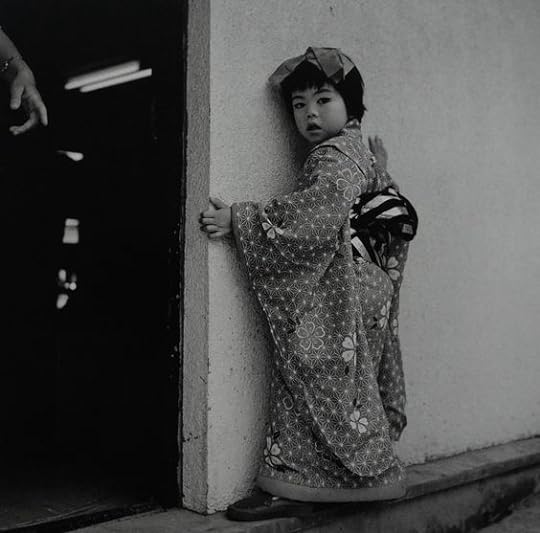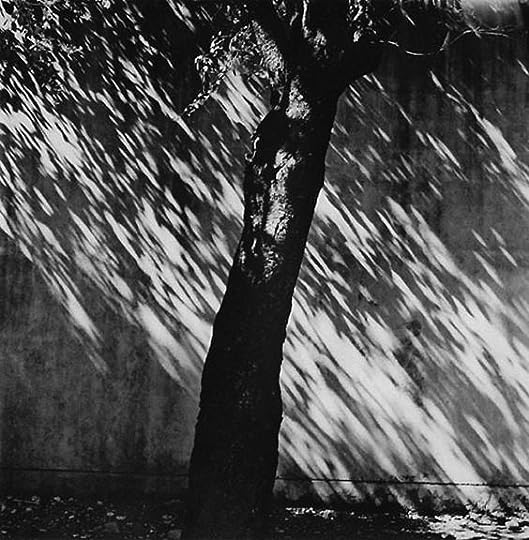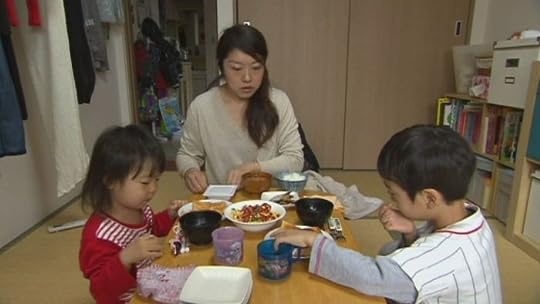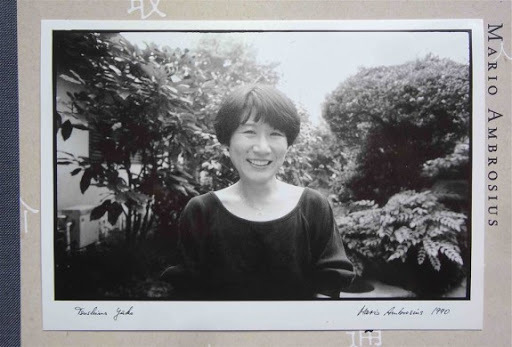What do you think?
Rate this book


122 pages, Paperback
First published January 1, 1978






Ha sido una delicia de lectura. Pero no nos engañemos, es un libro duro. Está escrito maravillosamente y tiene momentos muy entrañables, pero las luces sobre los objetos y sobre las personas proyectan sombras. La protagonista se dará cuenta de que era ella quien siempre tiraba del carro, de que ser madre sola el el Japón de los años 70 es muy duro y de que no sólo ella y su hija deben adaptarse a las nuevas circunstancias, sino también deberá hacerlo la sociedad que las rodea: no es una mujer viuda, está separada y eso producirá rechazo, prejuicios, acusaciones y, sobre todo, consejos que nunca se han pedido “Vuelve con él”, “Qué vas a hacer tú sola con la niña”, “Necesitas a tu marido”… cuando siempre fue ella quien puso dinero en casa, ella quien se hacía cargo de todo y él, el que la abandonó.
A eso se añaden temas como la sexualidad y el deseo después de una separación, la búsqueda de la propia identidad y de la independencia, luchar contra las inseguridades, el sacrificarse por una hija intentando no renunciar a una misma.
Y al final se trata de tirar para adelante como sea, porque no hay alternativa.
